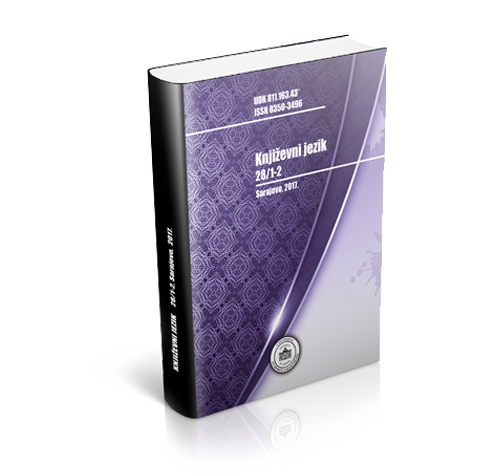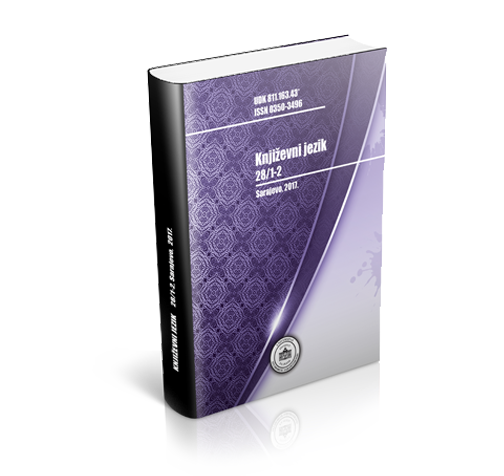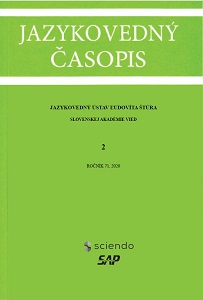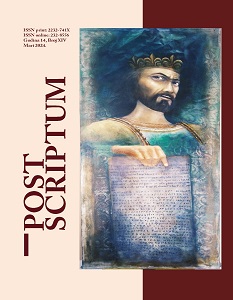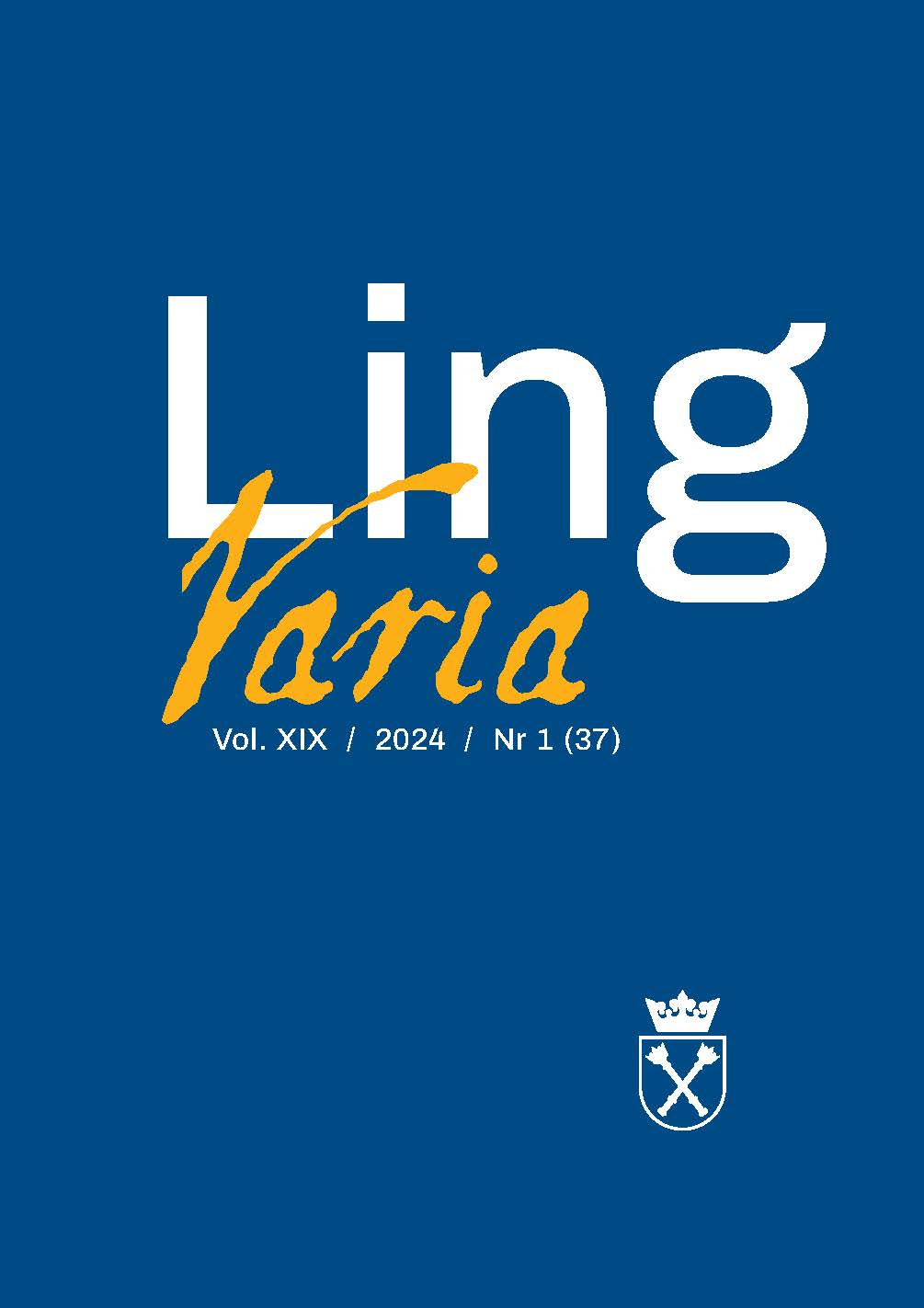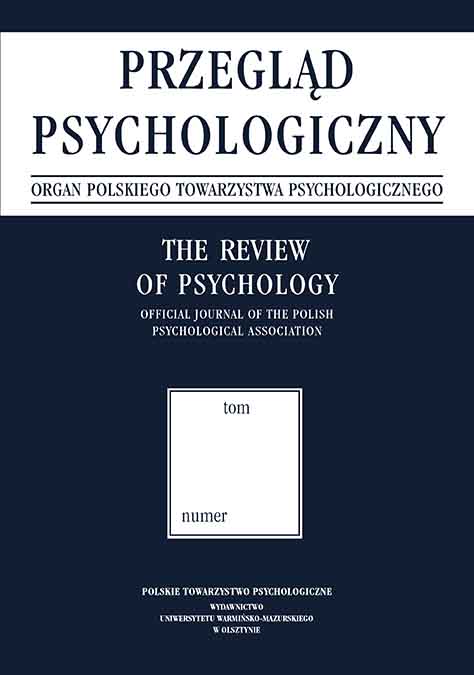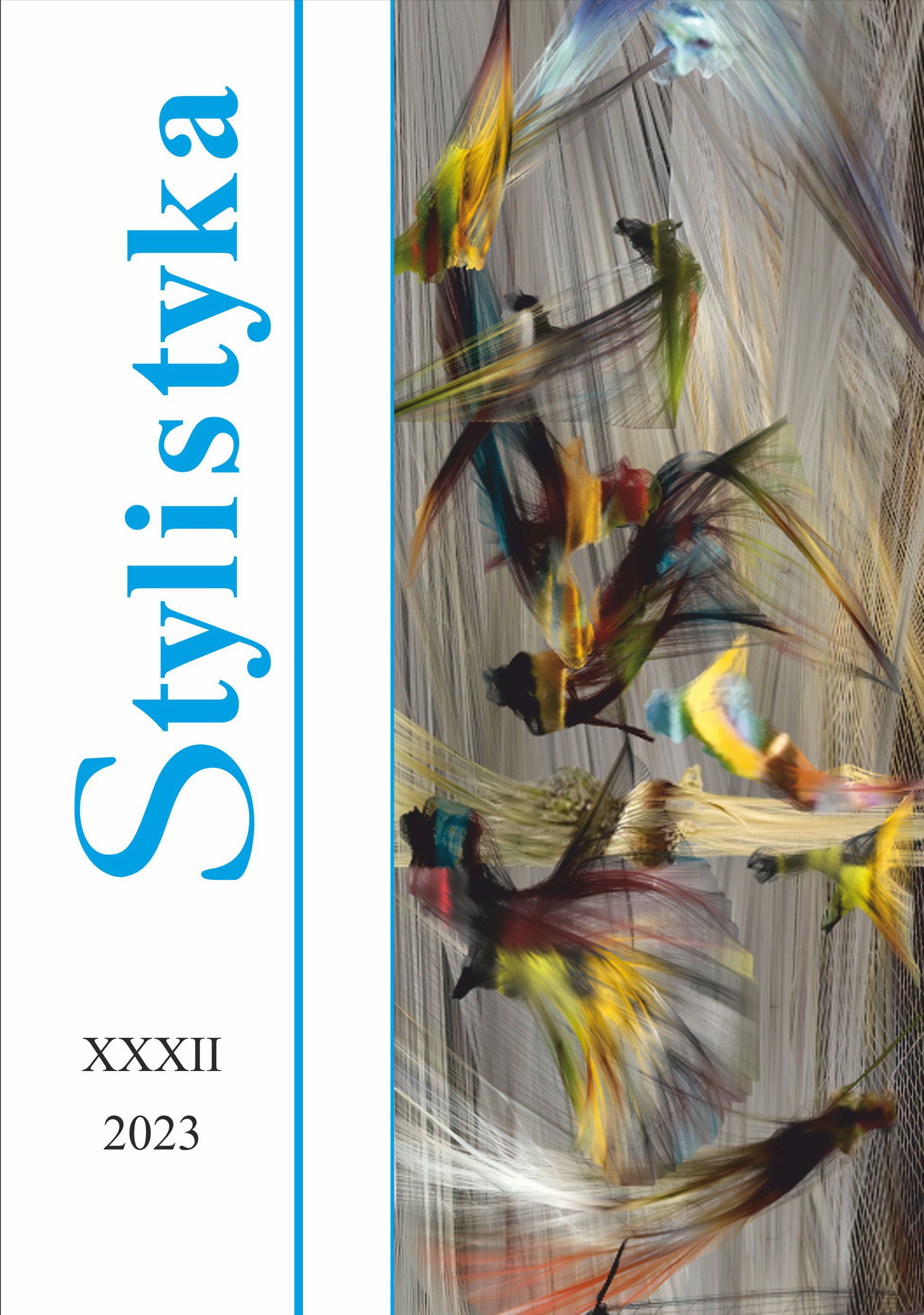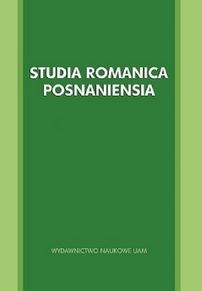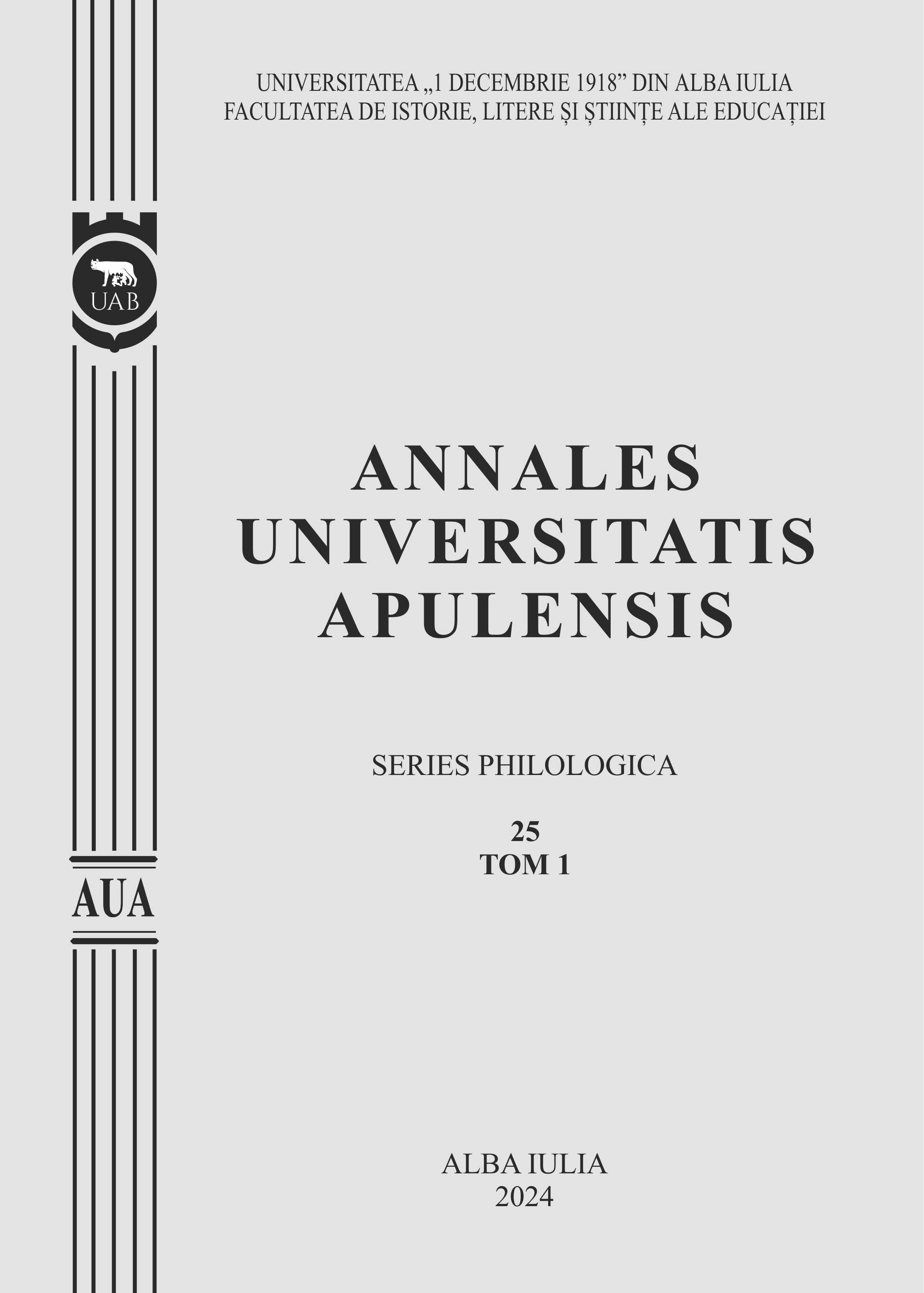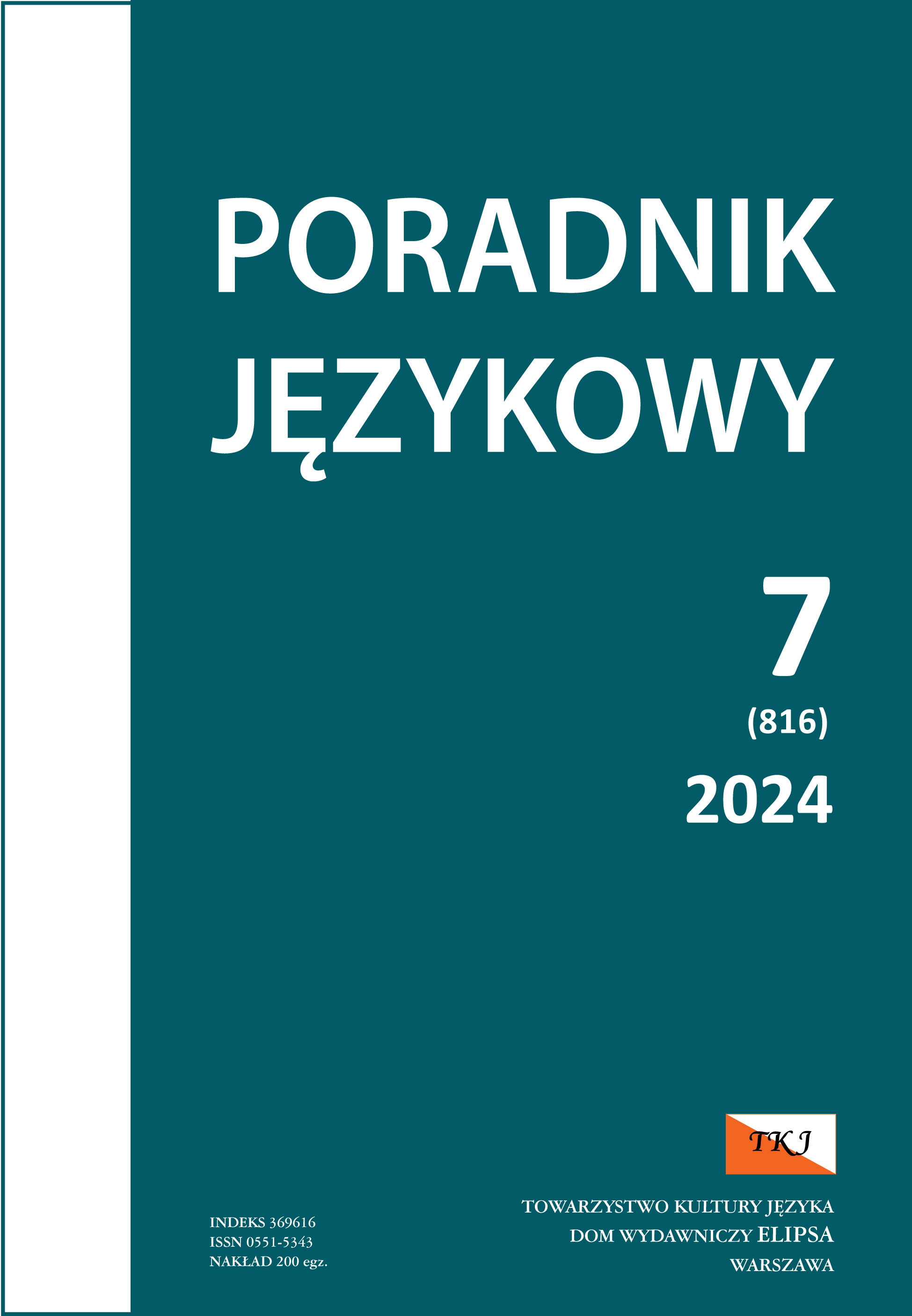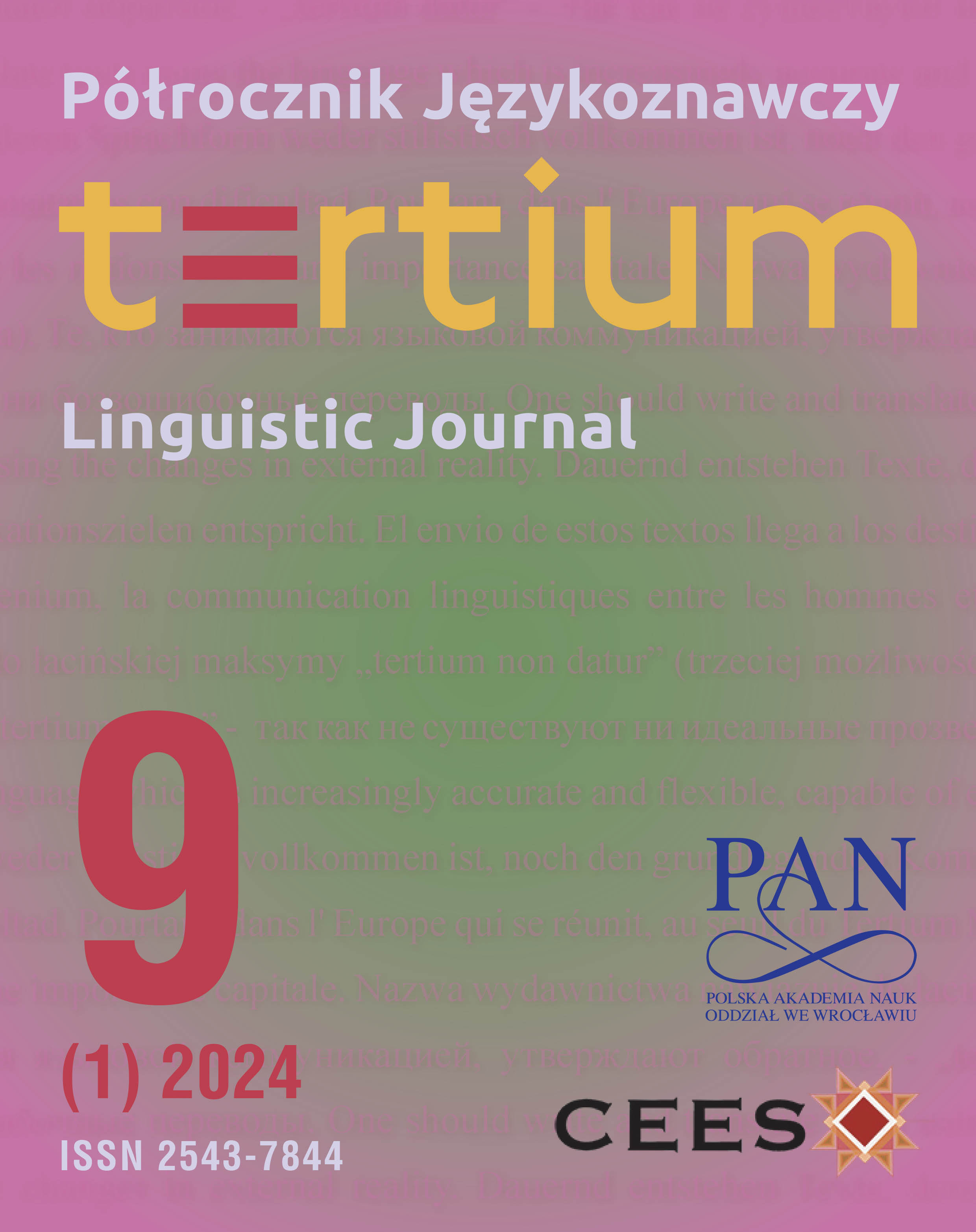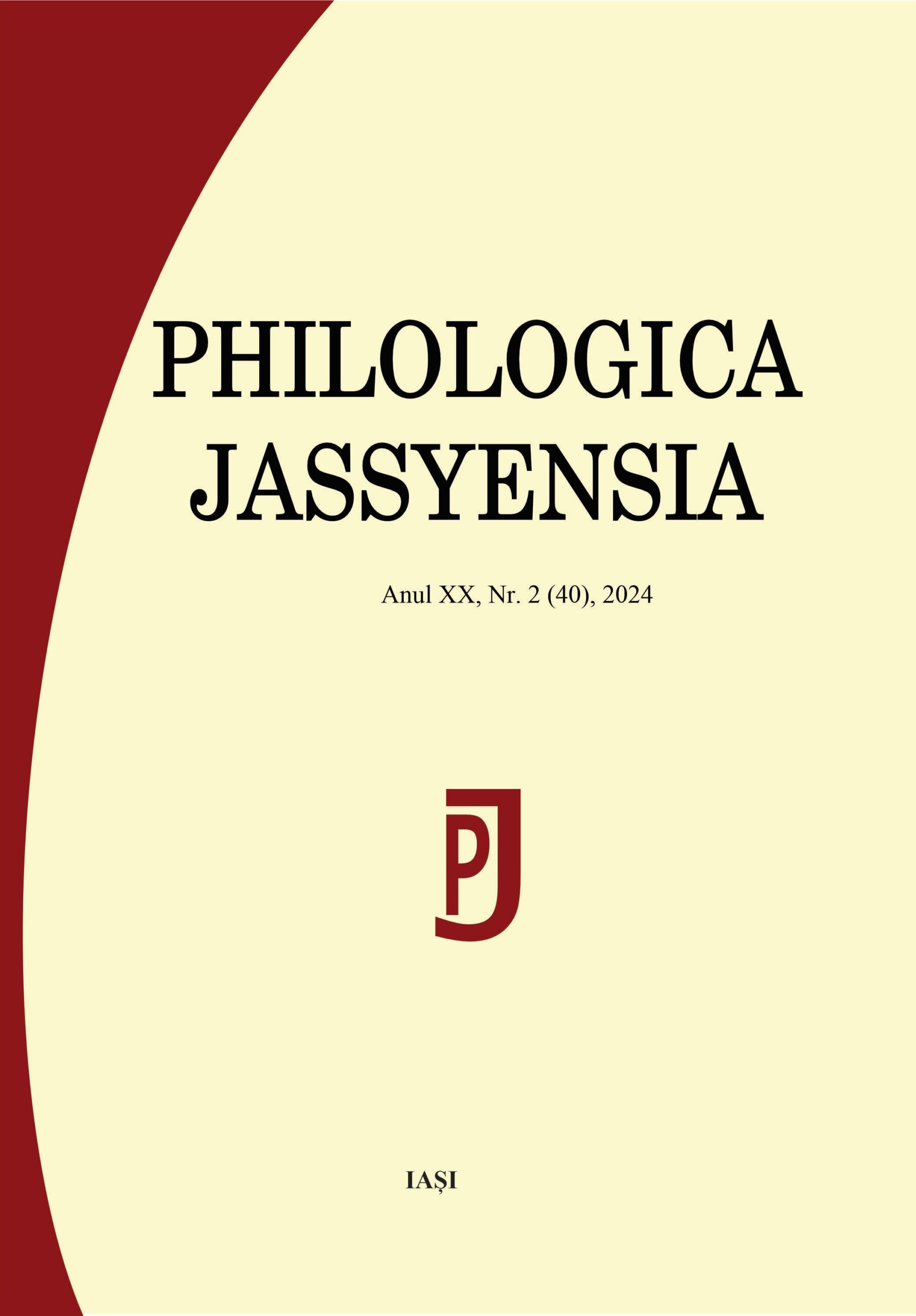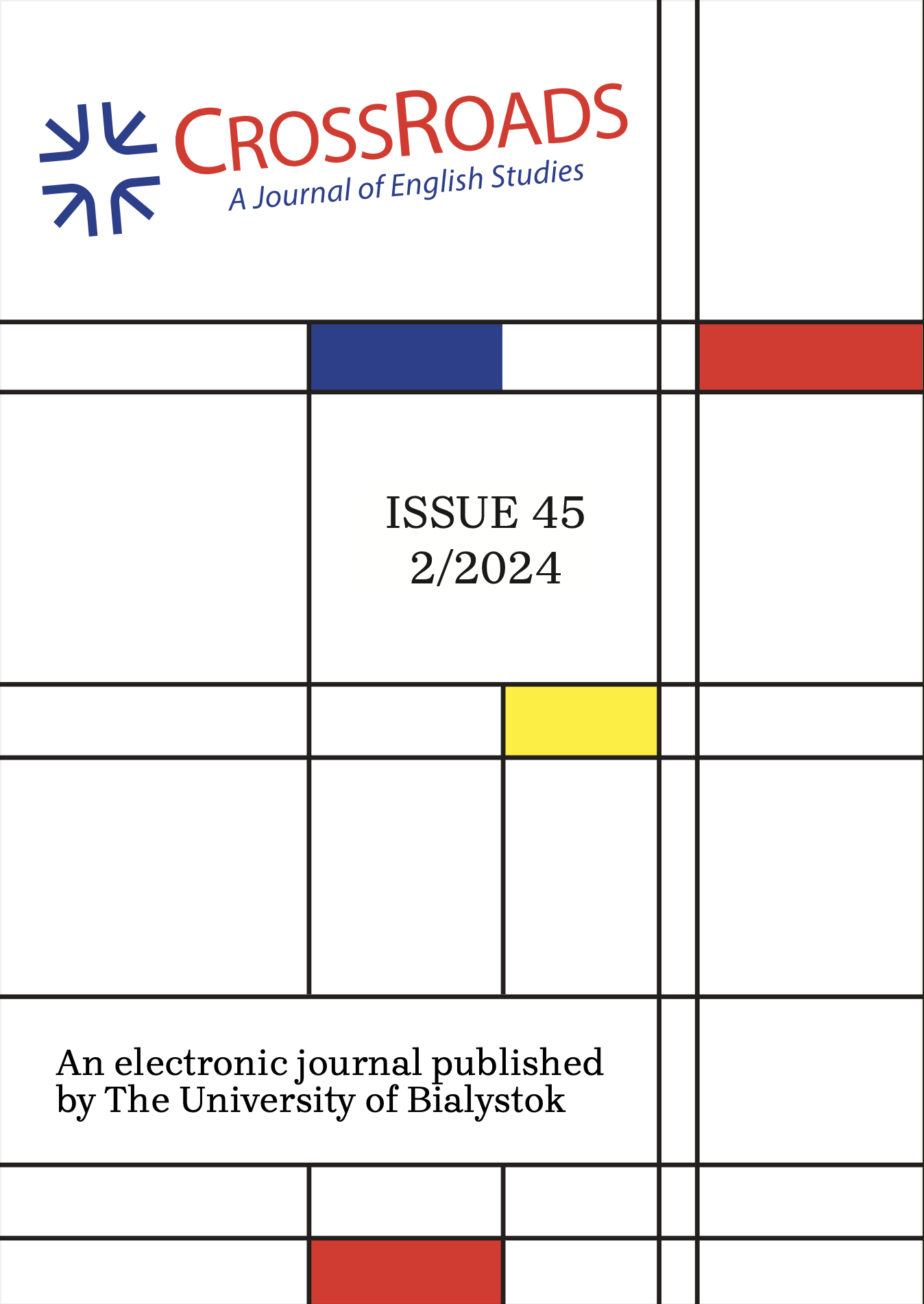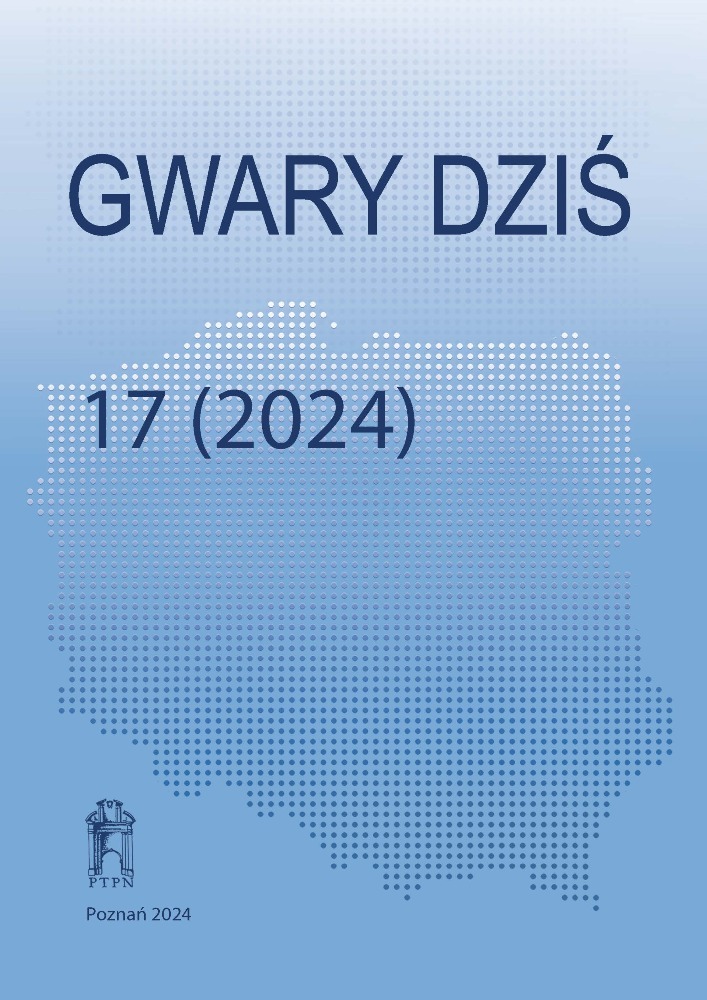Author(s): Natia Amirejibi / Language(s): Georgian
Issue: 8/2024
The reality of the 21st century – globalization and the activation of international contacts – causes a multifaceted interest and challenge to translation studies and translation activities. This applies to politics, economy, education, etc., as well as culture and science. As one of the most effective forms of values’s exchange, translation has contributed to the creation of a common cultural space for centuries. Translation is one of the crucial aspects for understanding the character, worldview and perception of the world of both related and radically different peoples and languages. According to Federico Fellini, “Un linguaggio diverso è una diversa visione della vita”/“A different language is a different vision of life”. Translation of historical texts has a significant contribution to this space which makes it possible for the knowledge and experience of past generations to be available to anyone interested in the present and the future. Translation of historical sources is one of the types of sectoral/genre translation and, at the same time, a separate direction of scientific activity. It is based on historical research, its result should be a new text in a new language with adequate content, structure and style in relation to the original. The finished translation should reflect the national specificity of the original source, genre and stylistic features, discourse, it should be relevant to the source in terms of content and composition. Modern transnational science, which is based on multidisciplinary research, actively uses translations of historical texts in adjacent fields as well. Most often, museums, educational institutions and cultural organizations apply for the translation of historical texts. This article discusses the specifics of the historical text, its translation strategies; examples and various versions of the translations are given, including my own.
More...
